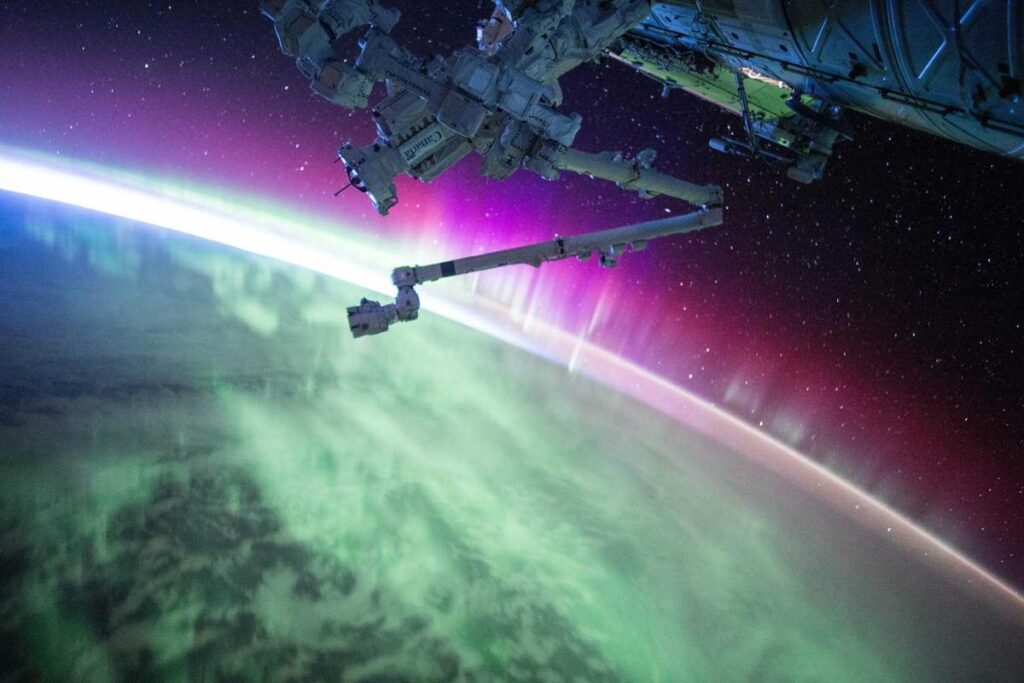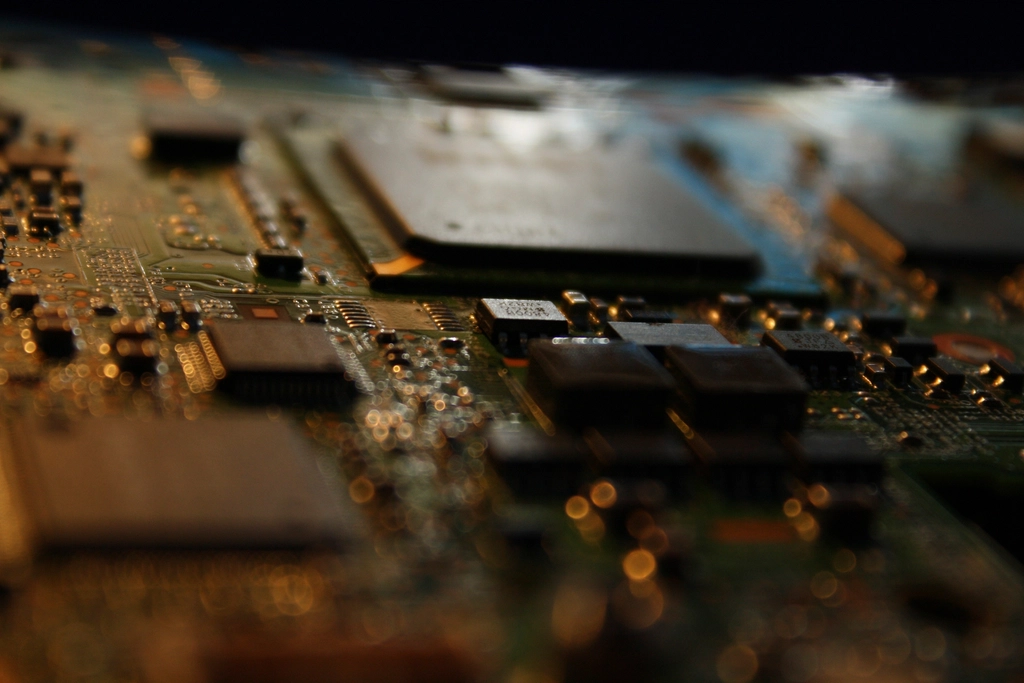
Revolutionizing Music Production: AI Composers and Songwriters
The music industry is undergoing a profound transformation, driven by technological advancements that redefine the boundaries of creativity. At the forefront of this revolution is Artificial Intelligence (AI), which is increasingly being leveraged to compose music and write lyrics. This article explores how AI is changing the landscape of music production, the collaboration between human musicians and AI, and what the future holds for this dynamic partnership.
The Rise of AI in Music Production
AI technology has made significant strides in recent years, powered by advancements in machine learning, neural networks, and data processing capabilities. These innovations have enabled AI systems to analyse vast amounts of musical data and learn patterns that can be used to create original compositions. AI tools such as Amper Music, AIVA (Artificial Intelligence Virtual Artist), and OpenAI’s MuseNet are at the forefront of this revolution, offering musicians and producers new ways to generate music.
Understanding AI Music Composition
AI music composition involves using algorithms to create new musical pieces. These algorithms can generate melodies, harmonies, and rhythms by analysing existing music data. This process typically involves:
- Data Collection and Analysis: AI systems ingest large datasets of music to understand different genres, styles, and structures.
- Pattern Recognition: Through machine learning, AI recognises patterns and structures within the music, which forms the foundation for generating new compositions.
- Music Generation: The AI uses the learned patterns to compose music, often offering customisation options for tempo, mood, and style.
AI in Lyric Writing
Beyond composing music, AI is also making inroads into songwriting. By analysing existing lyrics, AI systems can generate new lyrics based on themes, emotions, and styles. Tools like OpenAI’s GPT-3 and Google’s LyricStudio allow for the creation of lyrics that can be tailored to specific genres or themes, offering songwriters a powerful tool to enhance their creative process.
The Synergy Between Human Musicians and AI

The integration of AI in music production does not spell the end of human creativity. Instead, it provides a collaborative partner that enhances the creative process. Musicians can leverage AI to explore new musical ideas, overcome creative blocks, and refine their compositions. Here are some ways AI and human musicians are working together:
Enhancing Creativity
AI can generate musical ideas and variations at a speed and scale that is difficult for humans to match. This capability allows musicians to explore a wider array of musical possibilities. Musicians can use AI-generated compositions as a starting point, adding their unique touch to refine and personalise the music.
Overcoming Creative Blocks
Creative blocks are a common challenge for songwriters and composers. AI can serve as an inspiration, offering fresh perspectives and ideas when artists are stuck. By generating new melodies or lyrics, AI provides a creative springboard that can reignite the artistic process.
Personalisation and Adaptation
AI tools offer customisation, allowing musicians to tailor compositions to specific needs or preferences. This adaptability means artists can create music that aligns more closely with their vision, whether they are crafting a catchy pop tune or an intricate classical piece.
Data-Backed Insights: AI Impact on Music Production
The impact of AI on music production is backed by data and research. A study conducted by IBM Research found that AI-assisted music creation can significantly speed up the production process, reducing the time needed to compose a piece by up to 50%. Additionally, a survey by MIDiA Research revealed that 60% of musicians who use AI tools believe it enhances their creativity and productivity.
AI in the Music Industry: Current Trends
The adoption of AI in the music industry is on the rise, with several trends emerging:
- AI-Powered Music Libraries: Companies are leveraging AI to create extensive music libraries that cater to various genres and moods, providing content creators with a diverse range of options for their projects.
- AI-Driven Music Analysis: AI is being used to analyse music trends and listener preferences, enabling musicians and producers to make data-driven decisions about their music.
- Collaborative AI Platforms: Platforms that facilitate collaboration between human musicians and AI are gaining popularity, offering tools that integrate seamlessly into existing music production workflows.
Challenges and Ethical Considerations
While AI offers significant benefits to the music industry, it also presents challenges and ethical considerations that must be addressed.
Creativity and Originality
One of the primary concerns is the originality of AI-generated music. As AI learns from existing compositions, questions arise about the uniqueness of its creations. Ensuring that AI-generated music does not infringe on copyright laws is a critical consideration for artists and developers.
The Role of Human Musicians
As AI becomes more prevalent, there are concerns about its impact on the role of human musicians. It is essential to maintain a balance where AI enhances rather than replaces human creativity, ensuring that musicians retain their artistic agency.
Ethical Use of AI
Ethical considerations also include the responsible use of AI in music. Developers and musicians must ensure that AI is used to support creativity rather than exploit it, maintaining transparency and fairness in the creative process.
Actionable Advice for Musicians and Producers

For musicians and producers looking to integrate AI into their creative process, here are some actionable steps:
- Explore AI Tools: Experiment with various AI music composition and lyric-writing tools to understand their capabilities and how they can complement your creative process.
- Collaborate with AI: View AI as a collaborative partner that can enhance your work. Use AI-generated ideas as a foundation to build upon with your unique artistic style.
- Stay Informed: Keep up-to-date with the latest developments in AI music technology and industry trends to leverage new opportunities and tools effectively.
- Balance Creativity: Ensure that AI complements your creativity, using it to overcome challenges and expand your musical horizons while retaining your artistic voice.
The Future of AI and Music Production
Looking ahead, the future of music production will likely see even greater integration of AI technologies. As AI systems become more sophisticated, their ability to understand and replicate human emotions and creativity will improve, leading to even more nuanced and expressive musical compositions.
The Role of AI in Shaping Music Culture
AI’s role in shaping music culture will continue to evolve, influencing not only how music is created but also how it is consumed and experienced. From personalised playlists to interactive musical experiences, AI will redefine the way audiences engage with music.
Opportunities for Innovation
The fusion of AI and music offers boundless opportunities for innovation. As technology advances, new genres and styles may emerge, driven by the creative possibilities unlocked by AI. Musicians and producers who embrace these changes will be at the forefront of a new era in music production.
In conclusion, AI is revolutionising music production by offering new tools and possibilities for composers and songwriters. By embracing AI as a collaborative partner, musicians can enhance their creativity, overcome challenges, and explore new musical horizons. As the industry continues to evolve, the synergy between human musicians and AI will shape the future of music, offering exciting opportunities for innovation and artistic expression.


